The carnivore diet Recipes has taken the health and wellness world by storm as it’s a high-protein, zero-carb eating plan that helps with weight loss, reduces inflammation, and improves mental clarity. This extreme diet excludes all plant-based foods, focusing only on animal products like beef, chicken, pork, fish, eggs, and cheese. But is it sustainable and healthy? In this article, we’ll take a look at what the carnivore diet involves, how it works, what foods you can eat, potential benefits, and risks, and give you some delicious carnivore-friendly recipes to try.
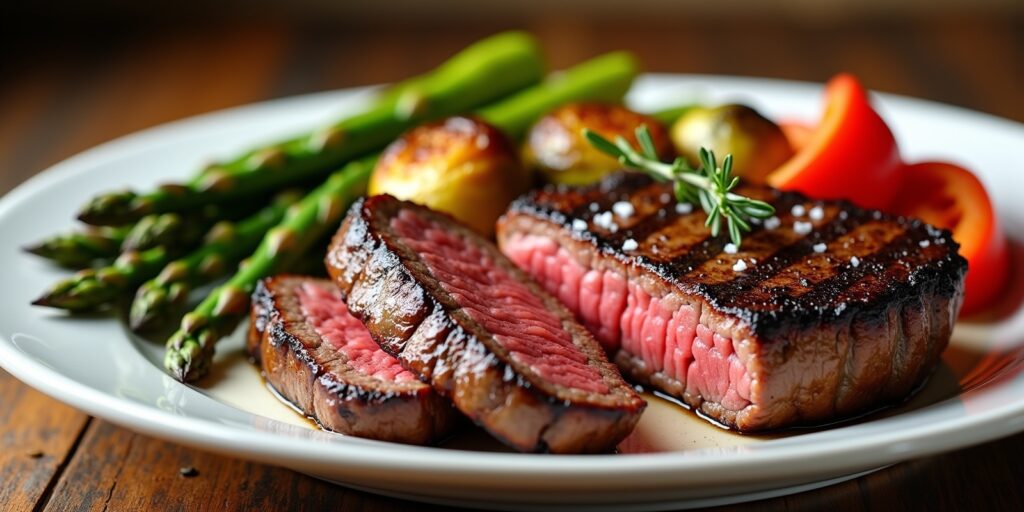
What is a carnivore diet?
A carnivore diet Recipe is a high-protein, low-carb eating plan where you cut out all carbohydrates and eat only foods that come from animals. This includes beef, chicken, pork, fish, eggs, and other animal products. The concept behind the diet is that eliminating carbohydrates will cause your body to start burning fat for fuel, which will lead to weight loss. I claim that this diet can also help reduce inflammation, lower blood sugar levels in people with diabetes, and improve mental health.
The carnivore diet is similar to the ketogenic (keto) and Atkins diets, with the main difference being that keto and Atkins limit carbohydrates, while the carnivore diet completely eliminates them, excluding fruits, vegetables, grains, nuts, seeds, and legumes.
Interestingly, the idea of eating only a carnivore diet is not new. In the late 1700s, Scottish military surgeon John Rollo, MD, used a carnivore-only approach to treating diabetes by lowering blood sugar levels.
The carnivore diet gained popularity thanks to Dr. Sean Baker, who published The Carnivore Diet in 2019. In his book, he helped create the juice, along with the endorsement of comedian Joe Rogan — who followed the diet for 30 days. Rogan claimed to have lost 12 pounds during his challenge and had increased energy.
How does the carnivore diet work?
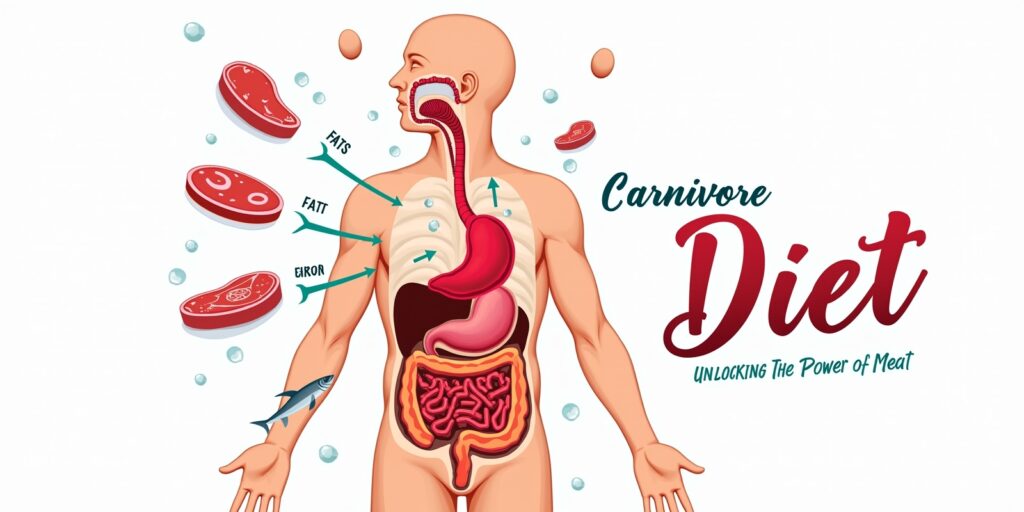
When you eat carbohydrates, your body converts them into glucose (sugar), which is used for energy. Any excess glucose is stored in your muscles and liver, and when there is too much, it is converted into fat.
On a carnivore diet Recipe, by avoiding carbohydrates, your body begins to convert fat into ketones for energy. This process is similar to the state that occurs in ketosis, which is what the keto diet aims to achieve. Proponents say that reducing carbohydrates will speed up fat burning, reduce appetite, and improve blood sugar control, especially for people with type 2 diabetes.
It’s important to note that the scientific evidence supporting the carnivore diet is limited. Claims about its health benefits are mostly anecdotal, with little clinical research to back them up. Always consult a healthcare professional before making major changes to your diet.
Foods on the Carnivore Diet: What to Eat and What to Avoid
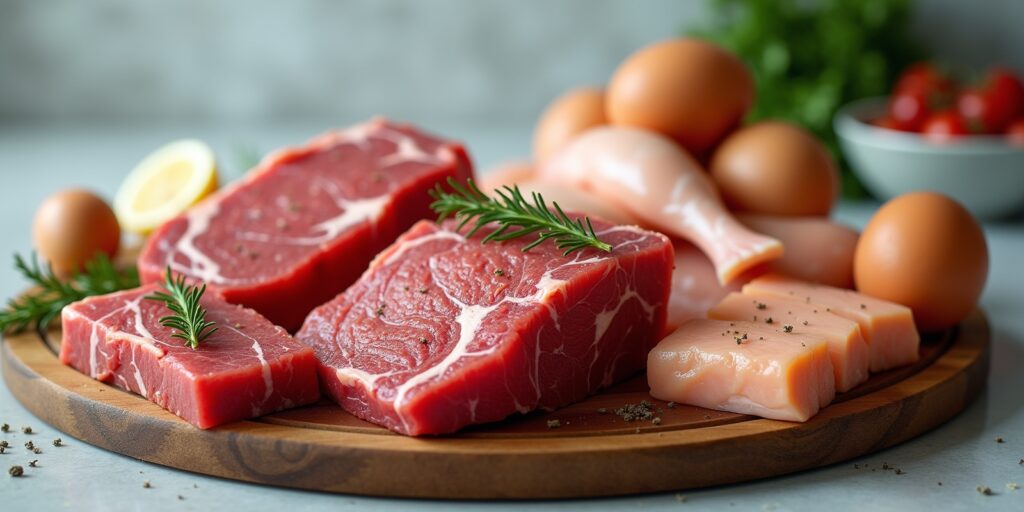
The carnivore diet is very restrictive, as it only includes animal-based foods. Here’s a breakdown:
Foods you can eat:
- Meat: Beef (steaks, roasts, ground beef), chicken, pork (bacon, chops, ribs), lamb.
- Fish And Seafood: Salmon, trout, mackerel, clams, mussels, oysters, lobster, shrimp.
- Organ Meats: Liver, kidneys, heart, tongue, oxtail.
- Eggs: These can be consumed in moderation.
- Dairy Products: Some cheeses, milk, and yogurt are allowed but should be limited.
- Fats: Butter, ghee, fatty foods are used for cooking.
- Spices: Salt, pepper, cumin, chili paste, garlic, paprika, and other spices are allowed.
Foods to avoid:
- Plant-Based Foods: All fruits, vegetables, grains, nuts, seeds, and legumes.
- Processed Foods: Most packaged and processed foods contain additives or non-animal-based ingredients.
Pros and cons of a non-vegetarian diet
Benefits of a non-vegetarian diet
- Weight loss: Cutting down on carbs and sugar can lead to rapid weight loss. Foods high in fat and protein in the diet can also help reduce appetite, which leads to reduced calorie intake.
- Improved blood sugar control: Some users report better blood sugar regulation, which may be beneficial for people with type 2 diabetes.
- Mental clarity and energy: Some individuals claim to experience improved focus, energy, and a general sense of well-being.
Risks and disadvantages
Nutrient Deficiencies: The vegan diet excludes many nutrient-rich plant foods, leading to potential deficiencies in fiber, vitamins A and C, potassium, and magnesium.
Digestive issues: Many people report diarrhea or constipation, likely due to a lack of fiber.
Heart health concerns: This diet is high in saturated fat, which can raise LDL cholesterol, raising concerns about the risk of heart disease.
Sustainability: Due to its extreme restriction, this diet may be difficult to maintain long-term, and may lead to cravings for other foods.
Is a vegan diet effective?

While research on vegan diets is still limited, low-carb diets like keto offer promise for rapid weight loss. However, most experts, including dietitians like Kathleen Zelman, warn against its long-term viability. The diet is highly restrictive and lacks essential nutrients, which can affect long-term health. Plus, any weight you lose is likely to come back once you return to a more balanced diet.
READ MORE: Complete Guide to a Balanced Diet
When it comes to energy levels, carbohydrates play a crucial role in fueling the brain and stabilizing blood sugar. Cutting them out can lead to fatigue, headaches, and other negative symptoms.
Who should avoid a vegan diet?
- Pregnant or breastfeeding women: A lack of essential nutrients like folate and fiber in the diet can be harmful to both mother and baby.
- People with kidney disease: High protein intake can put a strain on the kidneys.
- People with heart disease or high blood pressure: Too much saturated fat and sodium in the diet can make these conditions worse.
Carnivore Diet Recipe & Plan:
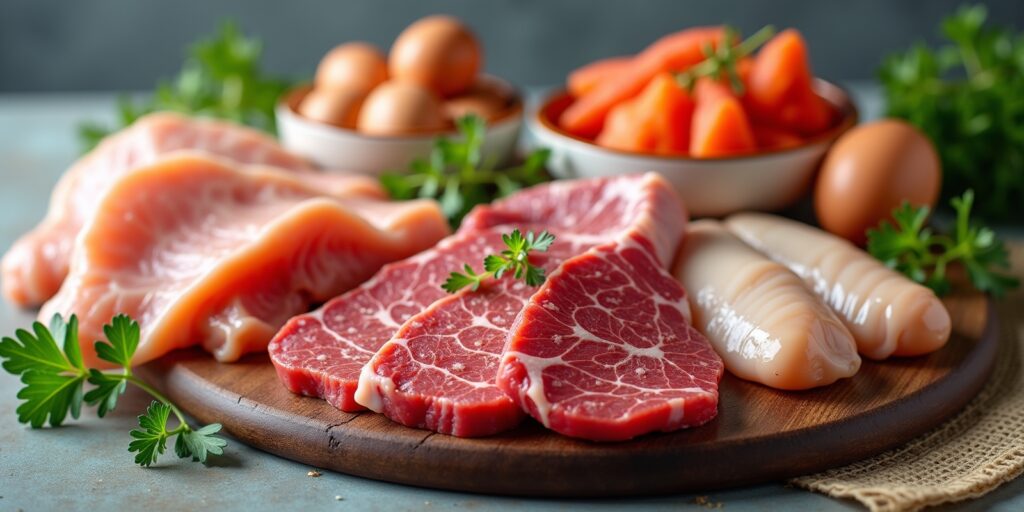
A typical Carnivore Diet day might look like this:
Breakfast: Scrambled eggs and bacon
Lunch: Beef burger patties
Dinner: Grilled salmon
Carnivore Diet Recipes:
- Scrambled eggs with turkey
Ingredients:
- 1/2 pound turkey breast, chopped
- 3 large eggs
- Salt and pepper
Directions: Cook turkey in a skillet until browned. Beat eggs with salt and pepper, then scramble with turkey until cooked through.
Salmon Patties:
Ingredients:
- 3 slices turkey bacon, cooked and crumbled
- 2 cans salmon
- 2 eggs
- 1/2 teaspoon dill
Directions: Mix bacon, salmon, eggs, and dill. Form patties and cook in butter until golden brown.
Carnivorous Chicken Casserole:
Ingredients:
- 1 pound cubed rotisserie chicken
- 8 ounces cream cheese
- 1 cup sour cream
- 1 cup shredded cheddar cheese
- Taco or Cajun seasoning
Instructions: Blend chicken and cheese in a food processor. Add seasoning, then bake at 350°F for 45 minutes.
Carnivorous Diet Snacks:
- Cheese Sticks
- Boiled Eggs
- Salmon Jerky
- Sardines
- Chicken Wings (skinless)
Conclusion
The carnivorous diet Recipe is a controversial and highly restrictive eating program that can lead to short-term weight loss. However, its long-term effects and sustainability are questionable, and it may not provide all the nutrients your body needs. If you are considering a carnivorous diet, it is extremely important to speak with a healthcare professional to ensure that you are meeting your nutritional needs.
Frequently Asked Questions
Q1. What is the diet for carnivores
The carnivore diet Recipe is a low-carb, high-protein diet that only lets you eat animal-based foods like beef, poultry, swine, fish, and eggs. It doesn’t let you eat any plant-based foods, such fruits, vegetables, grains, or legumes.
Q2. Is it possible to lose weight on the carnivorous diet?
Yes, a lot of people say they lost weight on the carnivorous diet. When you cut out carbs, your body has to use fat instead of glucose for energy. But whether or not someone can keep the weight off for a long time depends on their own health and how well they stick to their plan.
Q3. Is it safe to eat only meat?
Most healthy people can safely follow the carnivore diet for a short time, but it is quite limiting and could cause dietary shortages over time. Before starting any restrictive diet, it’s usually a good idea to talk to a doctor, especially if you already have health problems.
Q4. Does the carnivore diet have any health benefits?
People who support the carnivore diet say it may help you lose weight, lower inflammation, better control your blood sugar, and make your mind clearer. But there isn’t a lot of scientific evidence to back up these assertions, and additional research is needed.
Q5. Is it okay to eat dairy on the carnivore diet?
Yes, you can have some dairy products like cheese, milk, and yogurt on the carnivorous diet. Some folks, on the other hand, stay away from dairy because it can cause inflammation.
Q6. Is the carnivorous diet good for those with diabetes?
Some people with diabetes say that the carnivore diet helps them control their blood sugar better, but you should talk to your doctor before trying it. Not everyone with diabetes can follow the diet, especially those with kidney problems or other problems.
Q7. What kinds of food may you eat on the carnivore diet?
The diet is mostly made up of animal foods such as beef, poultry, hog, fish, seafood, eggs, and organ meats. You can also use fats like butter and ghee to cook, but you can only have a little bit of dairy.

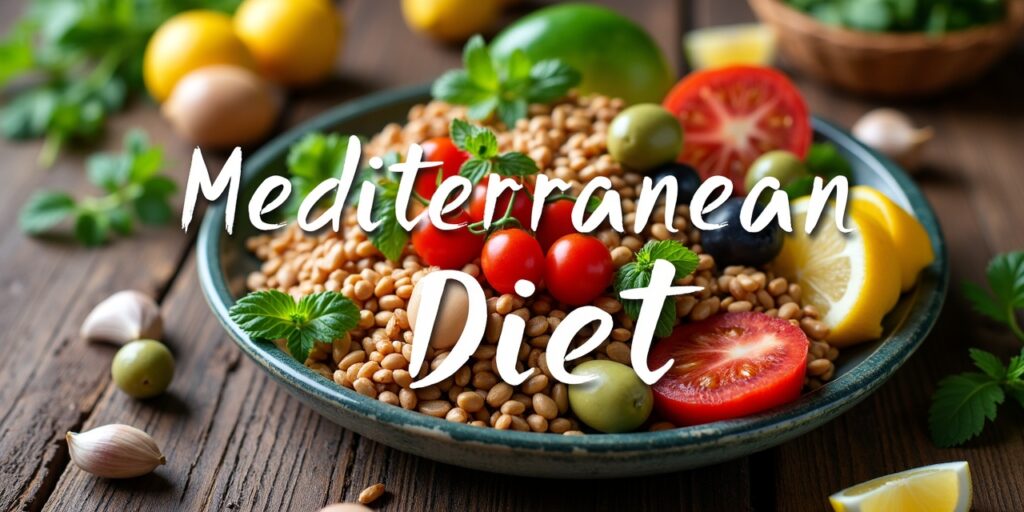
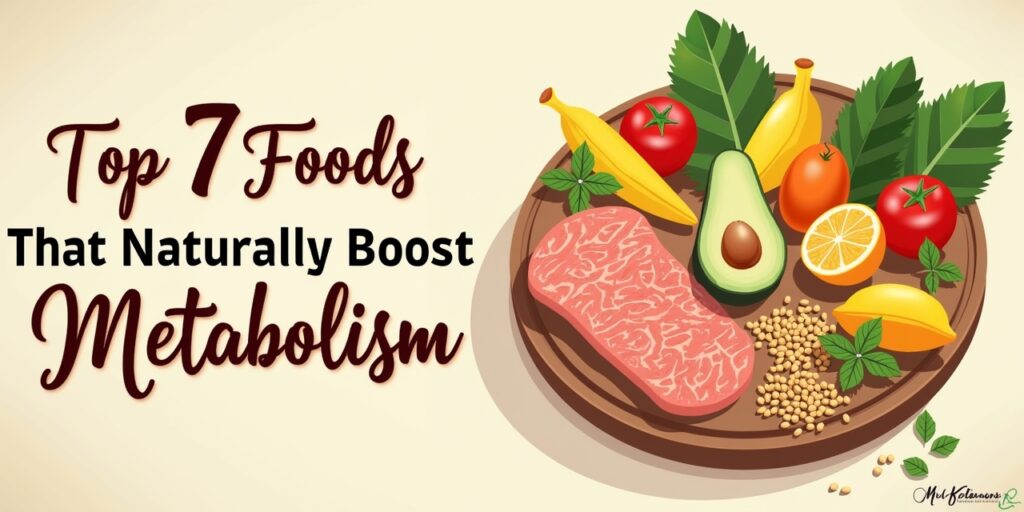
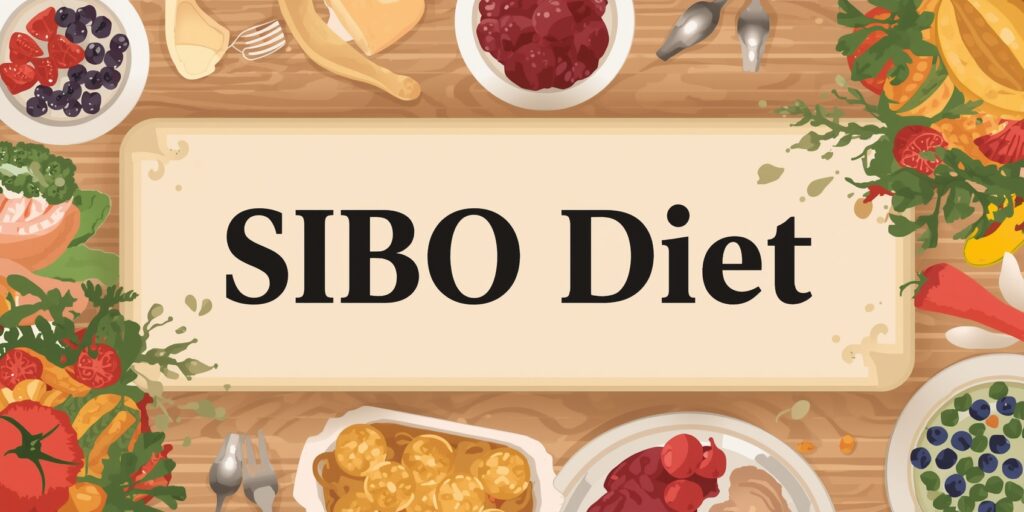

Pingback: Benefits of Paleo Mediterranean Diet - Healthn Fitnes
Pingback: # Mediterranean Diet: Comprehensive Guide for Weight Loss and Healthy Living Healthn Fitnes